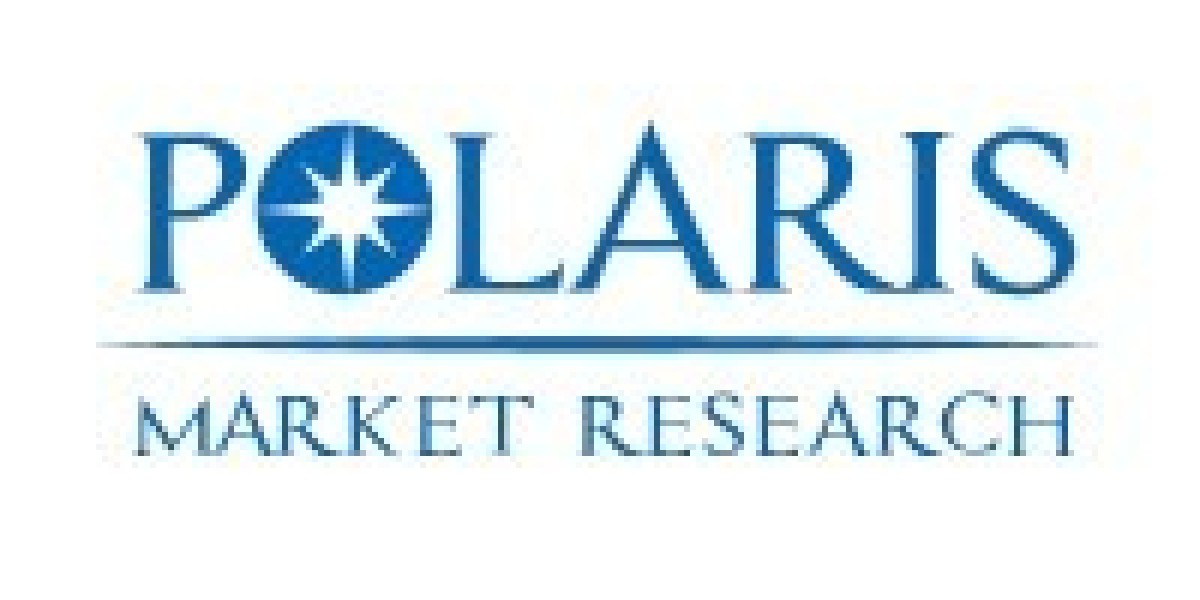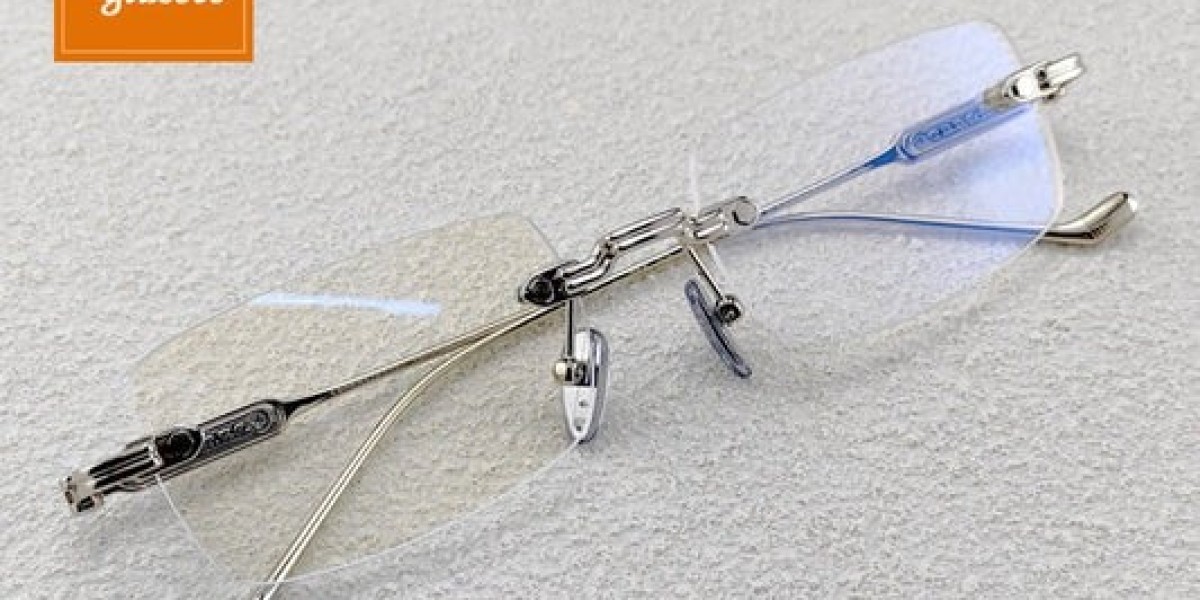Global Pipette Calibrators Market size and share is currently valued at USD 275.48 million in 2023 and is anticipated to generate an estimated revenue of USD 479.02 million by 2032, according to the latest study by Polaris Market Research. Besides, the report notes that the market exhibits a robust 6.4% Compound Annual Growth Rate (CAGR) over the forecasted timeframe, 2024 - 2032
Market Overview
Pipette calibrators are specialized devices used to verify and adjust the performance of manual, electronic, and multi-channel pipettes. These instruments are critical in maintaining the accuracy of volumetric measurements, which is foundational in research, drug development, and diagnostic testing. The market comprises a range of calibration systems, including gravimetric, photometric, and automated solutions, catering to various laboratory needs. As laboratories scale operations and adopt stringent quality standards, the integration of advanced calibration technologies has become a necessity rather than a choice.
The widespread use of pipettes in academic institutions, biotechnology firms, pharmaceutical manufacturers, and contract research organizations has created a consistent demand for dependable calibration solutions. Moreover, the growing complexity of laboratory workflows and the shift toward high-throughput screening have intensified the need for efficient and error-free liquid handling, further reinforcing the importance of routine calibration.
Growth Drivers
Several factors are propelling the expansion of the pipette calibrators market. Foremost among them is the rising focus on regulatory compliance. Organizations operating under standards such as ISO 8655, GLP (Good Laboratory Practice), and USP <1058> are required to maintain documented calibration records, driving the adoption of standardized calibration equipment. This regulatory landscape is particularly influential in pharmaceutical and clinical settings, where data integrity directly impacts product safety and approval.
Another key driver is the increasing investment in life sciences research. Governments and private entities are channeling resources into genomics, proteomics, and personalized medicine, all of which rely heavily on accurate liquid handling. As research becomes more sophisticated, so does the need for precision instruments that can be routinely validated.
Technological advancements are also shaping market dynamics. The introduction of automated calibration systems, cloud-based data management, and integration with laboratory information management systems (LIMS) has enhanced the efficiency and traceability of calibration processes. These innovations reduce human error, save time, and support compliance with audit requirements, making them highly attractive to modern laboratories.
Additionally, the growing trend of lab automation and digitalization is encouraging facilities to upgrade legacy equipment. As laboratories transition toward smart, interconnected environments, the demand for intelligent calibration tools capable of real-time monitoring and reporting continues to rise.
Some of the major players operating in the global pipette calibrators market include:
- A&D Company, Limited
- Accuris Instruments
- Advanced Instruments
- Avantor, Inc.,
- Bio-Rad Laboratories, Inc.
- Brand GmbH + Co Kg
- Calibration Lab
- Eppendorf AG
- Gilson, Inc.
- IKA Works, Inc.
- Labtronics Inc
- Mettler-Toledo International Inc.
- Prime Technologies
- Radwag Balances and Scales
- Sartorius AG
??????? ??? ???????? ????????????? ?????? ????:
https://www.polarismarketresearch.com/industry-analysis/pipette-calibrators-market
Market Segmentation
The pipette calibrators market can be segmented based on product type, technology, end-user, and portability. By product type, the market includes standalone calibrators, benchtop systems, and portable devices. Portable calibrators are gaining traction due to their convenience in field applications and multi-site operations.
Technologically, gravimetric calibration remains the gold standard due to its high accuracy, though photometric and electronic methods are emerging as alternatives for specific applications. Automated calibration systems are increasingly preferred in high-volume laboratories seeking to streamline workflows and reduce turnaround time.
End-users span pharmaceutical and biotechnology companies, clinical and diagnostic laboratories, academic and research institutions, and contract research organizations. Among these, the pharmaceutical sector dominates due to its rigorous quality control protocols and large-scale production requirements.
Regional Analysis
North America currently holds a significant share of the pipette calibrators market, driven by robust R&D infrastructure, high healthcare spending, and strict regulatory frameworks. The United States, in particular, leads in the adoption of advanced laboratory technologies and compliance-driven practices.
Europe follows closely, with strong demand originating from Germany, the UK, and France. The presence of well-established research institutions and a growing emphasis on laboratory accreditation are contributing to market growth in the region.
The Asia-Pacific region is expected to witness the fastest growth over the coming years. Expanding biopharmaceutical industries in countries like China, India, and South Korea, coupled with increasing government support for scientific research, are creating fertile ground for market expansion. Additionally, rising awareness about quality assurance in emerging economies is encouraging laboratories to invest in calibration infrastructure.
Latin America and the Middle East & Africa show moderate growth, with potential driven by improving healthcare systems and incremental investments in research and development.
Future Outlook
Looking ahead, the pipette calibrators market is set to evolve in response to changing laboratory needs and technological innovation. The integration of artificial intelligence and Internet of Things (IoT) in calibration devices could enable predictive maintenance, remote monitoring, and enhanced data analytics. Sustainability considerations may also influence product design, with manufacturers exploring energy-efficient and eco-friendly solutions.
As global health challenges continue to underscore the importance of reliable scientific data, the role of pipette calibrators in safeguarding measurement accuracy will only grow. With expanding applications across industries and geographies, the market is well-positioned for sustained growth, supporting the advancement of science and innovation worldwide.
More Trending Latest Reports By Polaris Market Research:
Pharmacogenomics Technologies Market
North America SGLT2 Inhibitors Market
Myasthenia Gravis Disease Treatment Market








